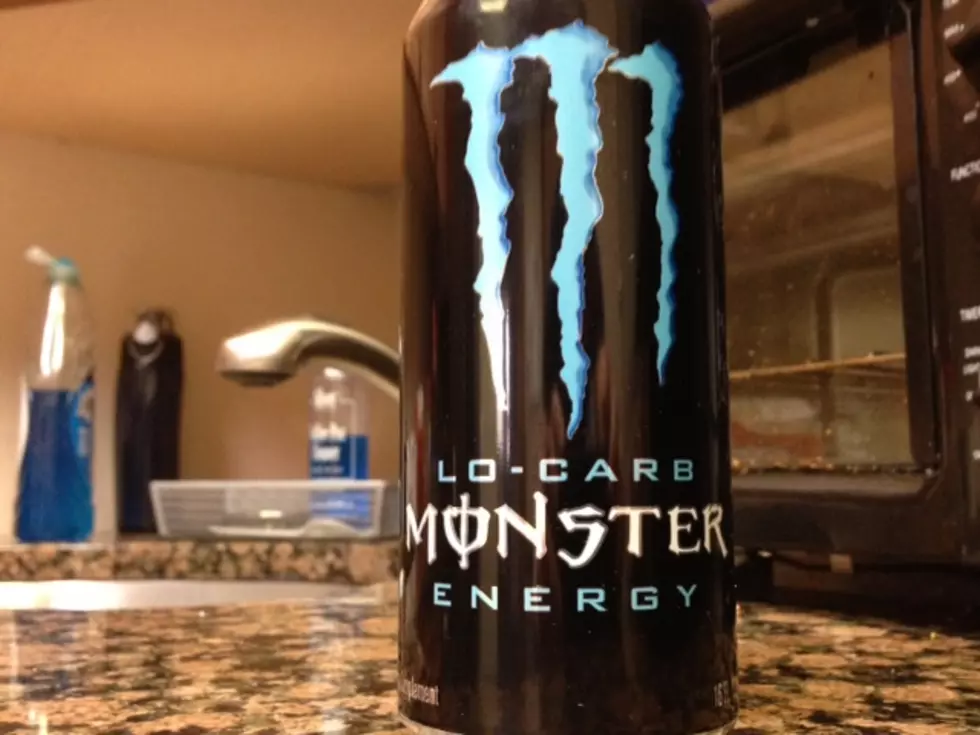
Energy drinks slammed by expert
We all need a jolt at times in today's fast-paced society, but you shouldn't rely too heavily on so-called energy drinks.
The drinks provide a false sense of energy, putting an excess amount of demand on your body, and possibly leading to long-term effects, according to food science expert Budge Collinson.
"There's really a non-nutritive factor in these drinks," said Collinson, a member of the American Academy of Anti-Aging Medicine. "They're nothing more than stimulants that make you feel like you are energetic, but it's not real."
Collinson noted true energy is derived from calories, yet many versions of the caffeinated beverages have no calories at all.
"Most of the drinks that are on the market, unfortunately are also full of artificial colors and artificial sweeteners," he added.
Side effects associated with energy drinks include anxiety, hypertension, elevated heart rate, interrupted sleep patterns and headaches, with the symptoms more pronounced in children. A recent University of Miami study linked the drinks to strokes and sudden death.
Collinson said an essentially-nourished body should provide enough energy for most adults, but if you need a quick boost, vitamins and a healthy diet are smart alternatives. Kids, he said, should never consume energy beverages.
The Centers for Disease Control and Prevention suggested some brands of energy drinks contain the same amount of caffeine as 1 to 3 cups of coffee or cans of soda.
More From New Jersey 101.5 FM


![Are Energy Drinks Endangering Your Health? [AUDIO]](http://townsquare.media/site/385/files/2012/11/Monster.jpg?w=980&q=75)






